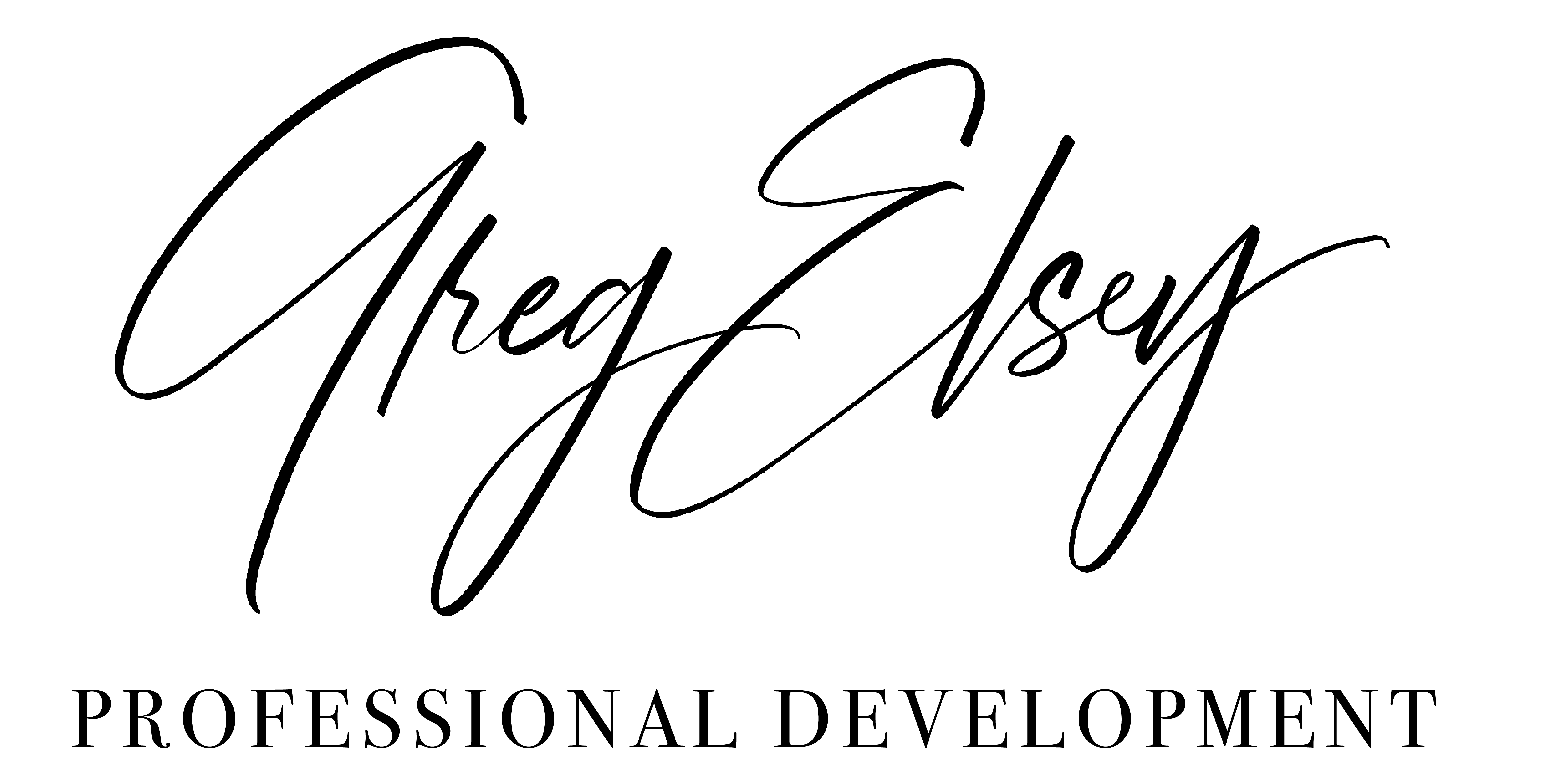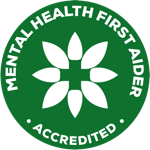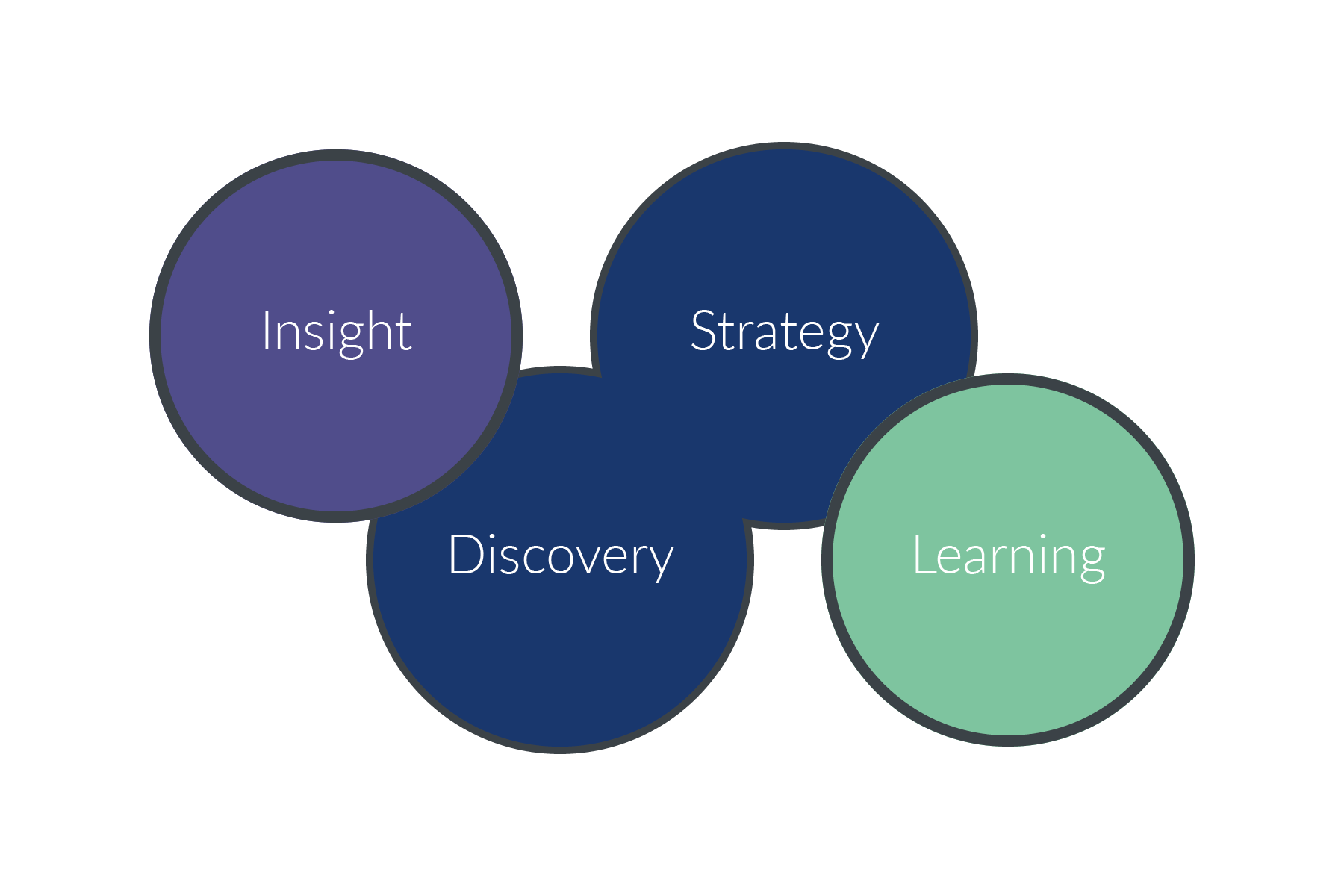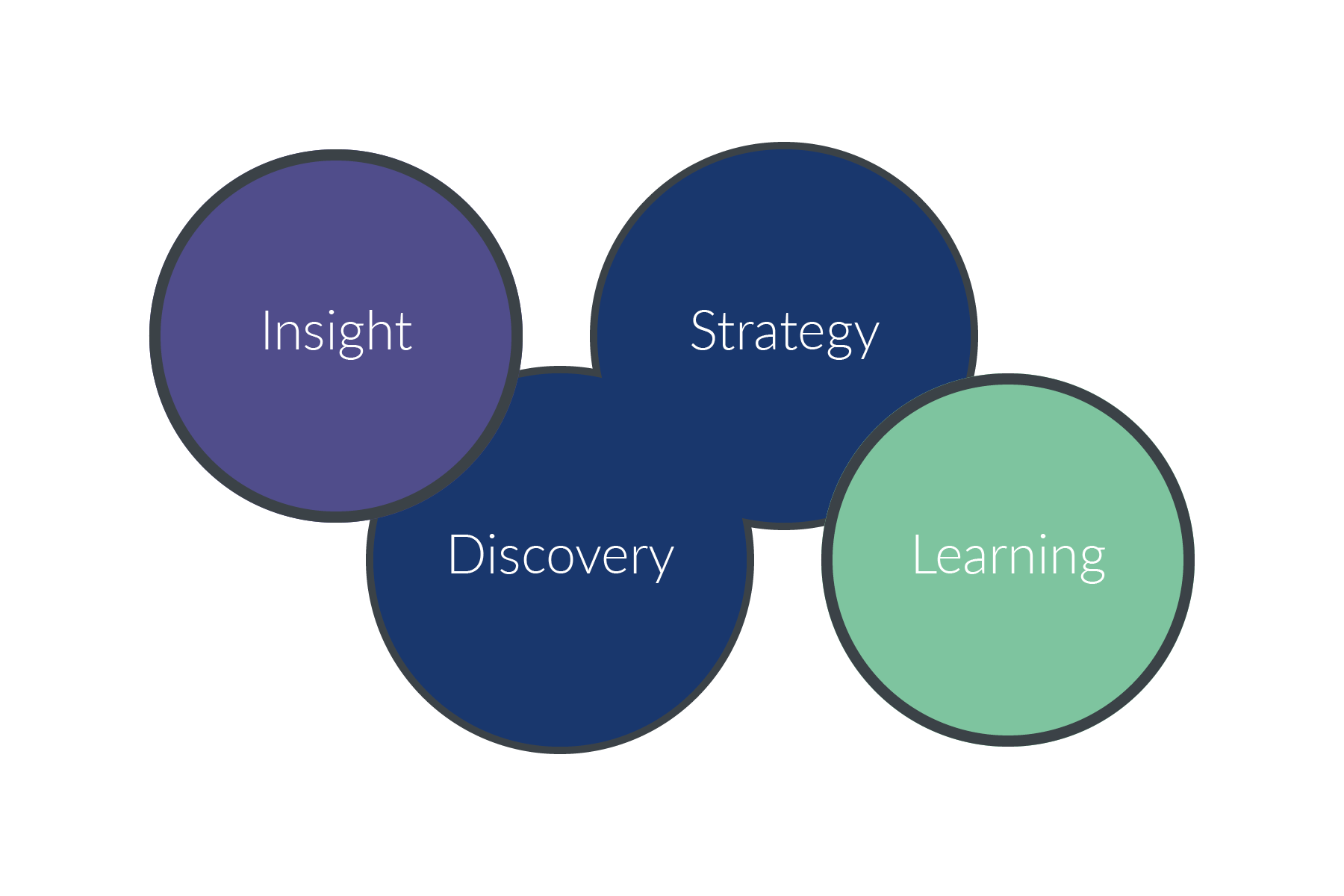Greg Elsey

Effective Communication Skills Workshop
1 Day Workshop
Effective communication is a crucial skill that impacts various aspects of life. It allows individuals to connect, build relationships, and achieve personal and professional success. However, communicating effectively is not always easy, and many struggle with expressing themselves clearly and efficiently.
Whether it's in personal or professional settings, communication breakdowns can result in misunderstandings, conflicts, and missed opportunities. On the other hand, good communication skills can foster collaboration, increase productivity, and create positive outcomes.
To improve communication skills, one must first recognise the need for self-reflection and a willingness to be open to change. By identifying communication barriers and working to overcome them, individuals can develop effective communication strategies that help them connect and collaborate with others. With dedication and practice, anyone can become a better communicator and achieve their goals.
Whether it's in personal or professional settings, communication breakdowns can result in misunderstandings, conflicts, and missed opportunities. On the other hand, good communication skills can foster collaboration, increase productivity, and create positive outcomes.
To improve communication skills, one must first recognise the need for self-reflection and a willingness to be open to change. By identifying communication barriers and working to overcome them, individuals can develop effective communication strategies that help them connect and collaborate with others. With dedication and practice, anyone can become a better communicator and achieve their goals.
This workshop covers:
- Understanding Communication – A chance for you to establish your view of what communication means. You will review the three main components of communication; verbal, paraverbal and non-verbal.
- Communication Styles – You will explore your own communication style and establish the positive and negative aspects of these preferences and what that means when communicating.
- Communication Attitude – Reviewing the aspects of communication attitudes that can be portrayed – aggressive, assertive, passive and passive aggressive.
- Communicate Confidently – Focusing on what makes people confident communicators, understanding what their own communication strengths are and acknowledging when to apply them.
- Active Listening – Identifying the benefits of active listening and practicing the skill with colleagues.
- Clarifying and Questioning – A review of the different types of questioning and clarifying that can be used. Understanding the purpose of alternative questioning approaches, applying them to different scenarios and explaining how and why they are used.
- Non-Verbal Communication – Establishing the impact of non-verbal communication. How to read it and how to improve your own. This includes, facial expressions, body language, gestures, personal space and touching.
- Getting Your Message Across – Helping to ensure others understand you, what makes communication become confused and how to use the ‘headline’ approach to structure an effective message. Looking at what you say, how you say it, and focusing on the needs of the person receiving the message. A look at how to invite questions and feedback.
- Difficult Communication – A provision of clear guidelines and advice on what to do when communication does not go smoothly, how to manage criticism and give criticism, whilst remaining constructive and positive.
- Putting it all into Practice – A chance to develop and practice the skills of communication whilst further exploring three key topics of communication.
New Dates to be advised.
Contact me with expressions of interest.
0180-036



Mob: 0439 900 866
Mob: 0439 900 866
Mob: 0439 900 866
Subscribe to my Newsletter